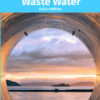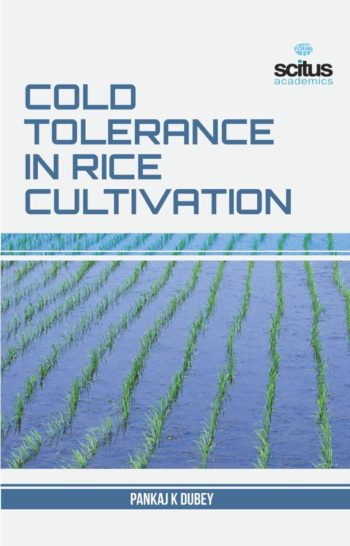The field of hydrogeology began to grow during the 1960s and expanded rapidly during the 1970s with the recognition of serious environmental problems from hazardous chemicals and the subsequent evolution of stringent environmental regulations. Hydrogeology is concerned with the study of rocks and the structures that are formed over past periods of time. The way that sediments have been deposited to create diverse layers of rock beneath the surface, or the way that rocks have been heated and folded over millions of years to create complex structures are the subjects of geology. It deals with how water interacts with geological systems. But there is more to hydrogeology than wet rocks. Some parts of the world are blessed with frequent rainfall and plentiful surface water resources, but most countries need to use the water that is stored underground to supplement their needs. Hydrogeologists can help by locating suitable reserves and by assessing how much water it is possible to extract without permanently damaging underground aquifers or surrounding ecosystems. Water is an essential natural resource for people all around the world – whether it is piped to homes or drawn out of wells. Understanding where it is and how it moves under the ground is essential in protecting this resource. The arena of groundwater hydrology and the discipline of hydrogeology have attracted a lot of attention during the past few decades. This is mostly because of the increasing need for high quality water, especially groundwater.
This volume ‘Hydrogeology’ clearly demonstrates the extensive range of issues that are dealt with in the field of hydrogeology. Karst hydrogeology and deposition processes, soil hydraulic properties as a factor affecting groundwater recharge processes, relevant conceptual models, and geophysical exploration for groundwater. It explores theoretical and applied aspects of hydrogeologic science, including studies ranging from local areas and short time periods to global problems and geologic time; innovative instrumentation; water-resource and mineral-resource evaluations; and overviews of hydrogeologic systems of interest in various regions.













